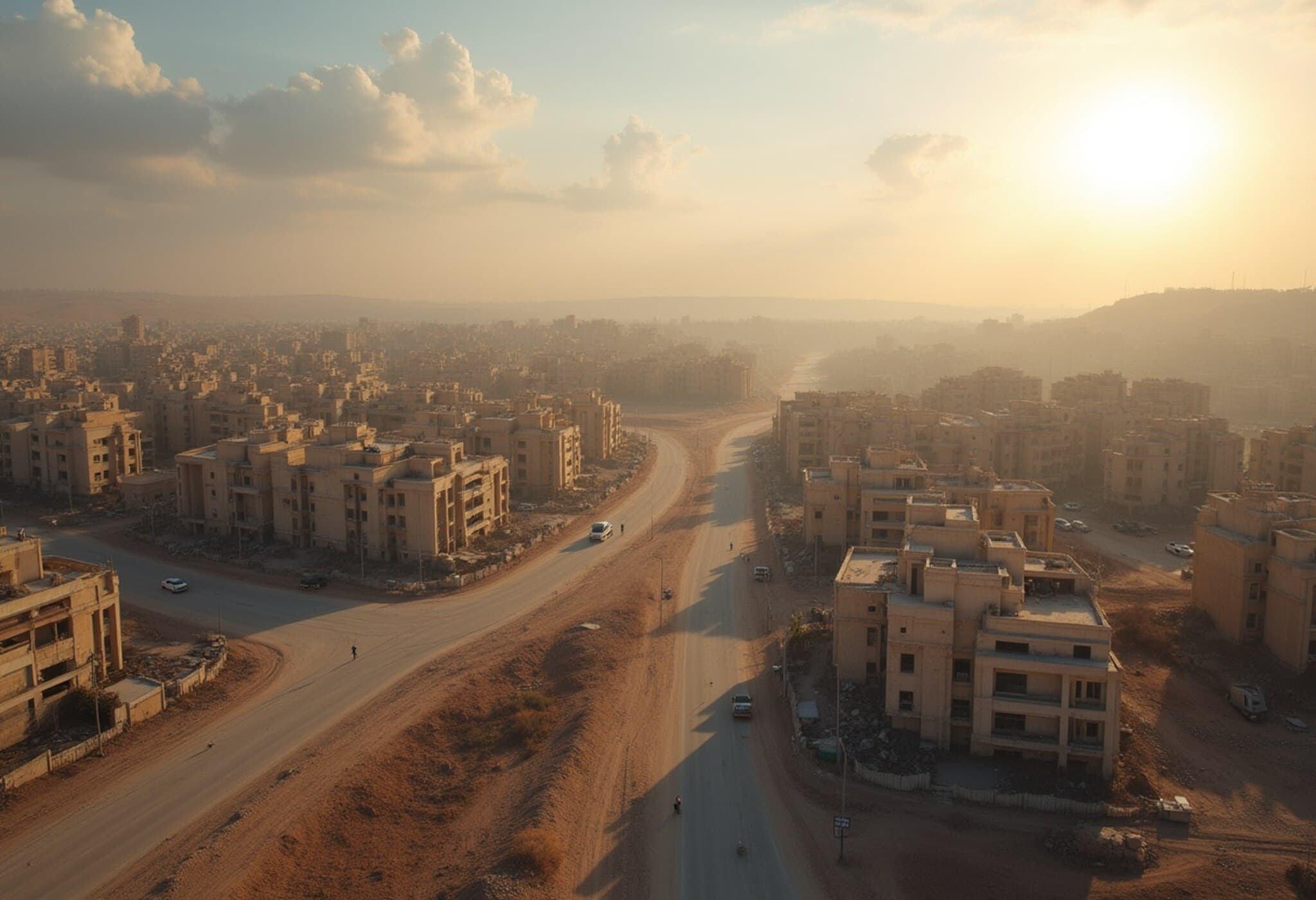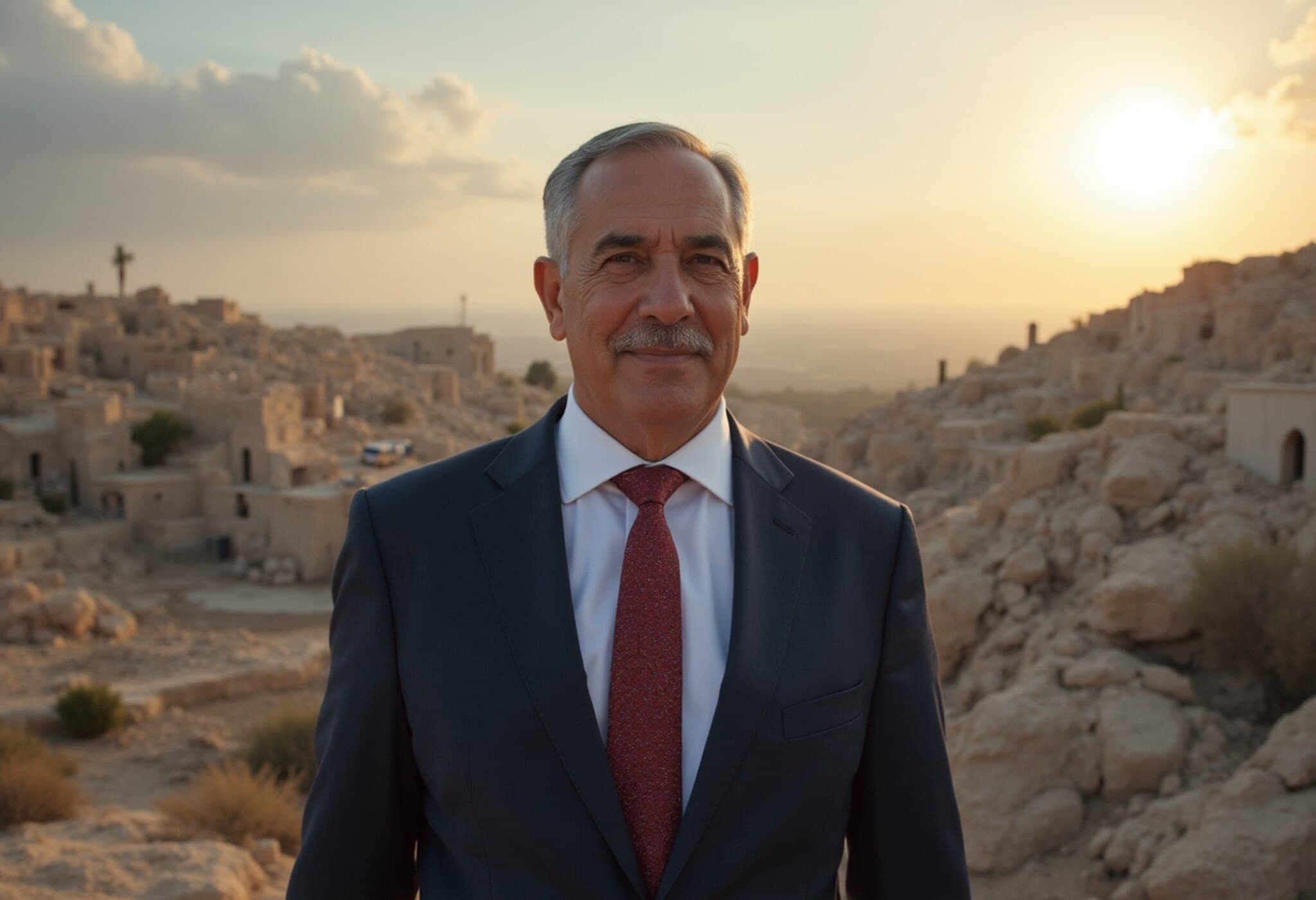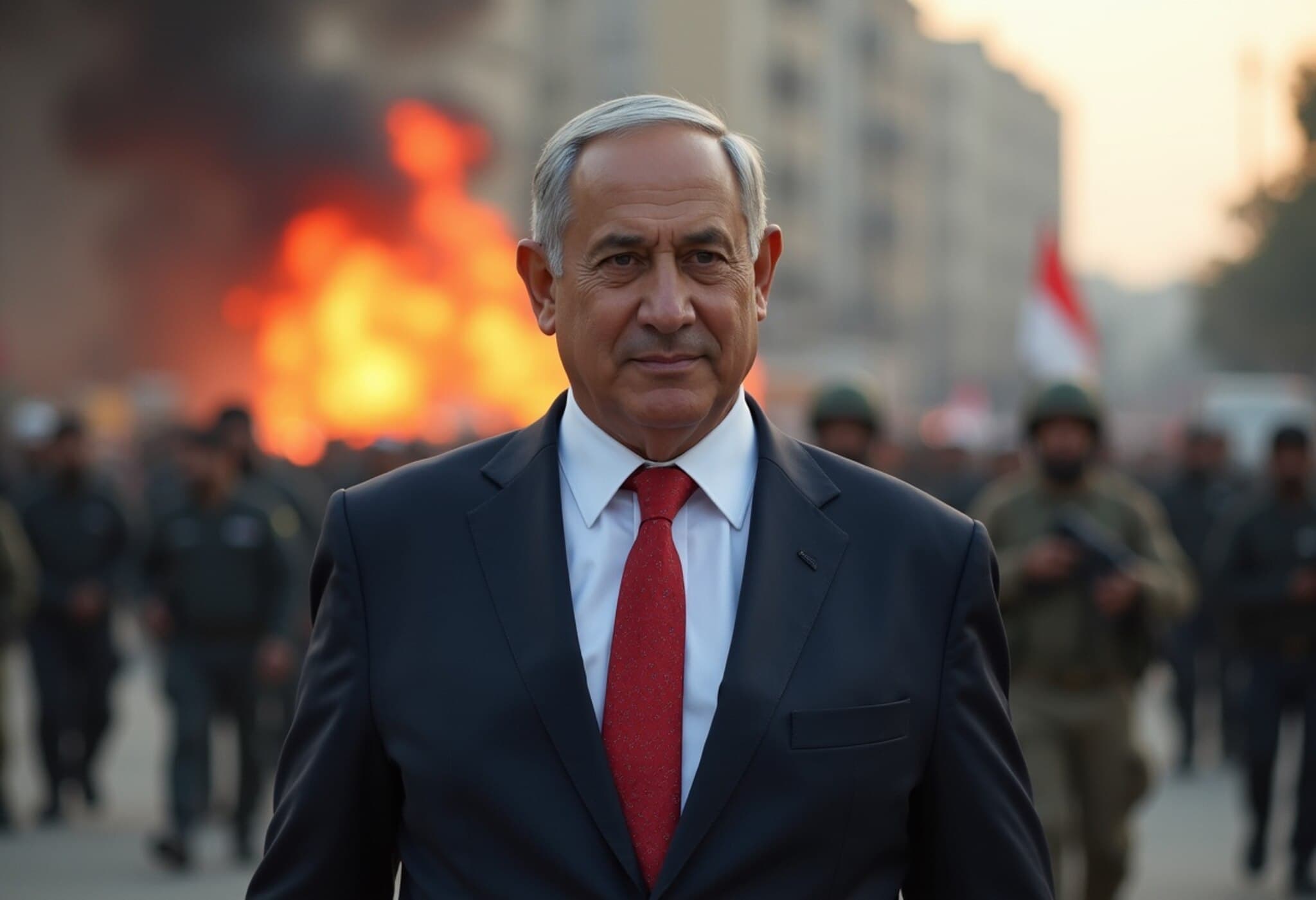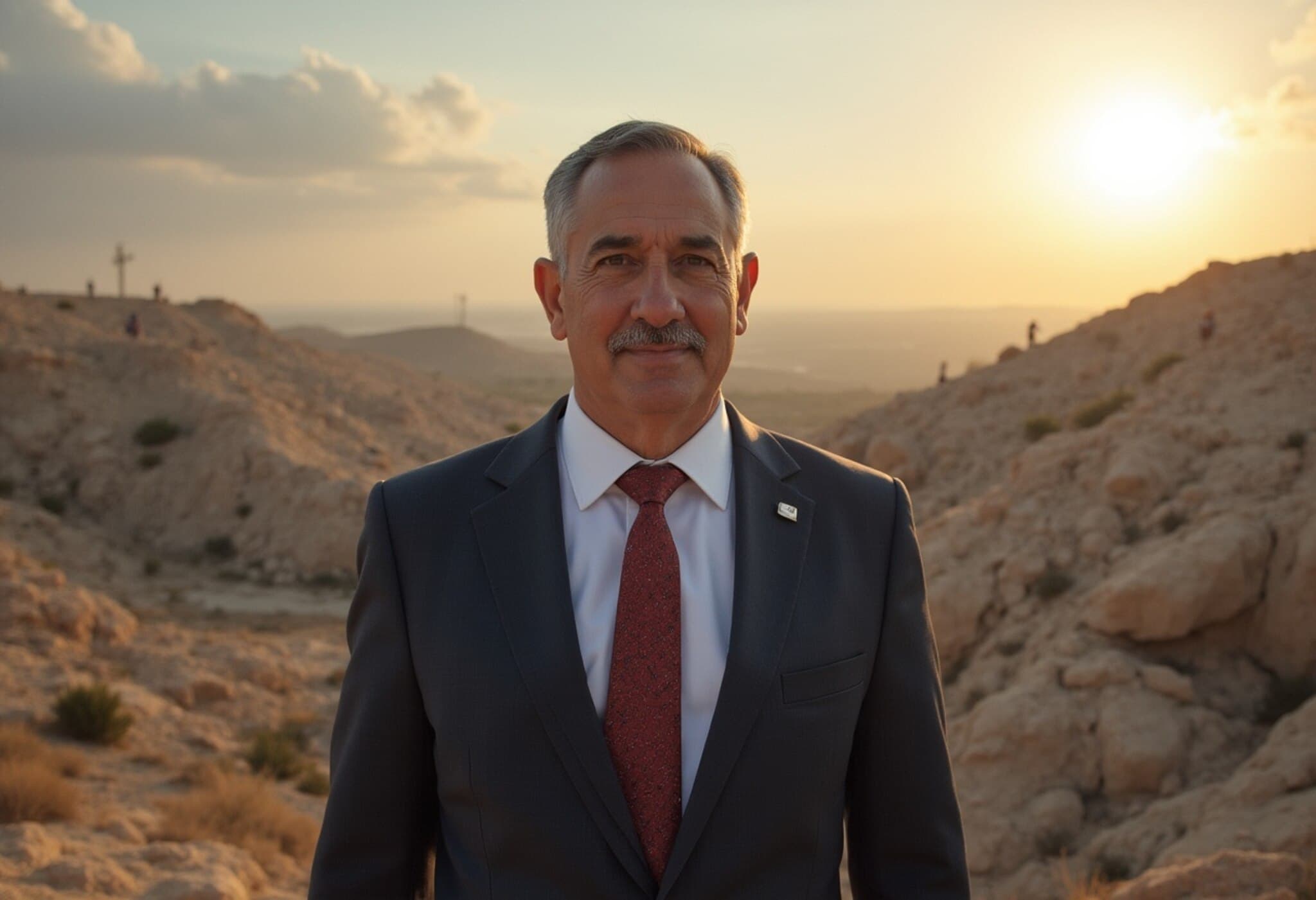Israeli Minister Initiates E1 West Bank Settlement Plan Amid Global Backlash
Maale Adumim, West Bank / Tel Aviv, August 15, 2025 – In a move that has sparked significant controversy on the international stage, Israeli Finance Minister Bezalel Smotrich, known for his far-right views and advocacy for Israeli sovereignty over the West Bank, announced the imminent commencement of construction on the long-stalled E1 settlement project. This development, connecting the Israeli settlement of Maale Adumim with Jerusalem’s eastern outskirts, is widely perceived as a strategic effort to fragment Palestinian territories and effectively “bury the idea of a Palestinian state.”
The E1 Settlement: A Flashpoint in Israeli-Palestinian Relations
Standing at the E1 site near Maale Adumim, Smotrich declared that the plan—which includes the construction of 3,401 homes for Israeli settlers—would move forward despite international objections. He claimed that both Israeli Prime Minister Benjamin Netanyahu and former U.S. President Donald Trump had given implicit approval to this revival, although this was not officially confirmed by either government.
"Those attempting to challenge our presence will find that our answers come not from words or diplomatic statements but from tangible facts on the ground—houses and neighborhoods," Smotrich asserted, highlighting the determination behind this initiative.
Diplomatic Responses: Balanced Caution and Condemnation
While the U.S. State Department reaffirmed its commitment to regional stability and peace efforts, it carefully sidestepped direct criticism, emphasizing a continued focus on ending the Gaza conflict. A spokesperson noted, “A stable West Bank is crucial for Israel’s security and aligns with the administration’s goals.”
Conversely, the United Nations issued a stern warning. Spokesperson Stephane Dujarric condemned the settlement as a violation of international law that undermines the prospects for a two-state solution, stressing that such expansions further cement Israel’s occupation of Palestinian lands.
International and Regional Outcry
The resumption of E1 settlement construction triggered widespread condemnation from European nations and Palestinian authorities alike:
- European Union: Reiterated opposition to unilateral territorial changes, labeling the settlement expansion illegal under international law.
- British Foreign Secretary David Lammy: Called the plan a "flagrant breach" of international law that threatens to divide any future Palestinian state.
- Palestinian Officials: Implored the U.S. and global community to pressure Israel to halt the project, emphasizing how these settlements further erode Palestinian hopes for statehood.
- Israeli Rights Groups: Organizations such as Breaking the Silence and Peace Now warned that E1’s development risks entrenching apartheid-like conditions and accelerating territorial fragmentation.
Historical and Strategic Dimensions
The E1 area, a tract of land east of Jerusalem that connects Maale Adumim to the city, has been a flashpoint for decades. Israel froze plans there in 2012 and again in 2020 after international pushback. However, since the October 2023 Hamas attack—which precipitated the ongoing Gaza war—settlement expansions have surged, deepening Palestinian anxieties about their future.
Approximately 700,000 Israeli settlers now reside in the West Bank and East Jerusalem alongside 2.7 million Palestinians. While Israel considers these lands “disputed” rather than “occupied,” the overwhelming majority of the international community views all settlement activity as illegal under international law, particularly the Fourth Geneva Convention.
Implications for the Two-State Solution and Regional Stability
The construction of settlements like E1 threatens the geographic contiguity required for a viable Palestinian state encompassing the West Bank, East Jerusalem, and Gaza. Experts warn that fragmenting Palestinian territory undermines negotiations and fuels further instability in an already volatile region.
Furthermore, recent condemnations and potential recognition of Palestinian statehood from some Western allies illustrate the increasing diplomatic isolation faced by Israel amid its intensified military operations in Gaza and aggressive settlement policies.
Human Impact: Voices from the Ground
Palestinians living near E1 and throughout the West Bank face not only political marginalization but daily realities of displacement and restricted movement. The construction threatens to sever Palestinian communities, restrict access to resources, and erode economic livelihoods.
Meanwhile, Israeli settlers, some motivated by ideological or religious convictions and others by government incentives and affordable housing, continue to expand their footprint, further complicating prospects for peace.
Editor’s Note: Navigating a Complicated Future
The announcement of the E1 settlement revival by Finance Minister Bezalel Smotrich represents more than a zoning or housing decision—it is a pivotal moment reshaping the possibilities for Israeli-Palestinian coexistence. The decision underscores deep divisions over land, identity, and sovereignty, simultaneously challenging international law and peace diplomacy.
As settlers advance, Palestinians and their allies face an urgent need to raise awareness about the human costs of territorial fragmentation. Policymakers worldwide must grapple with balancing security concerns, historical narratives, and legal frameworks to prevent further marginalization.
For readers, the question remains: Can the international community’s calls for peace and legal adherence change the trajectory set by these on-the-ground realities? Or will the E1 project cement a future where a viable Palestinian state becomes an elusive dream?
Understanding the stakes of E1 is crucial for anyone seeking to grasp the complexities of Middle Eastern geopolitics and the fragile search for lasting peace.

















